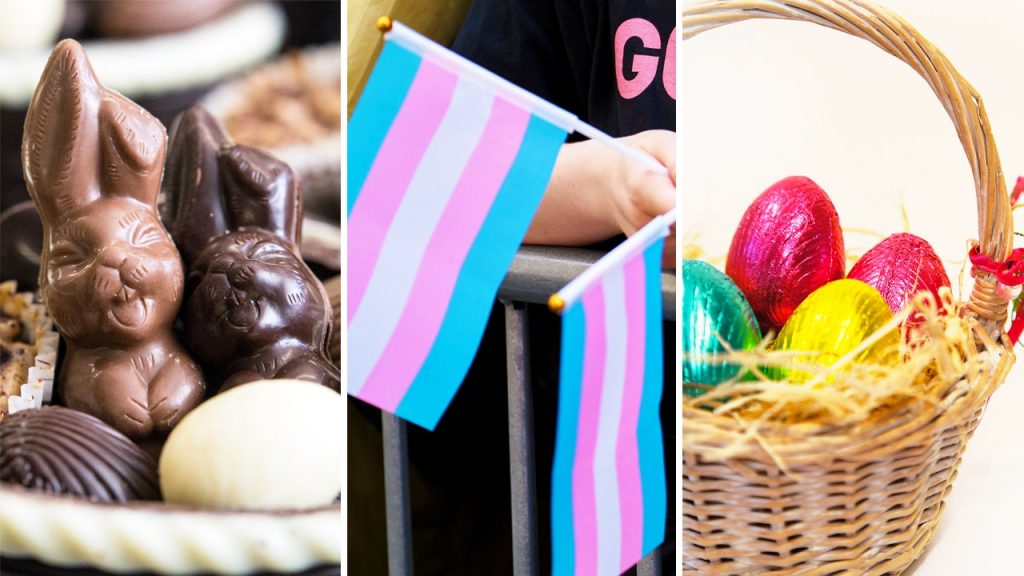Liberal churches, religious groups, and LGBTQ+ organizations are excited that Transgender Day of Visibility in 2024 will fall on Easter Sunday, which is not a fixed date and marks one of the most important liturgical celebrations for Christians. Some churches are incorporating transgender themes into their Easter celebrations, highlighting the resurrection story as a symbol of love transcending hate and acceptance for LGBTQ+ individuals. Liberal religious organizations like the Calgary Unitarians in Canada are organizing drag shows as a form of protest in support of transgender siblings and exploring the concept of TRANSformation during their Easter services.
In California, the Unitarian Universalist Church of Palo Alto is planning to recognize “trans and nonbinary people” in a new photo-text exhibit as part of their Easter Sunday celebration. Church leaders highlighted the coinciding of Easter and Transgender Day of Visibility as an opportunity to celebrate authenticity and rebirth. A Michigan-based publication, Pride Source, urged its readers to attend a religious Easter service at a queer-affirming church as a way to celebrate the Transgender Day of Visibility, advocating for inclusivity and acceptance within the LGBTQ+ community.
President Biden issued an official proclamation declaring March 31 as the Transgender Day of Visibility, honoring the courage and contributions of transgender Americans. The White House statement reaffirmed the commitment to equality and acceptance, reassuring transgender individuals that they are loved, heard, and understood. However, there was backlash from some social media users, including former GOP presidential candidate Vivek Ramaswamy and other Republican lawmakers, who criticized Biden’s proclamation. Traditional Christians and Pope Francis have expressed concerns about gender ideology, cautioning against the blurring of gender differences and values between men and women.
The interweaving of Easter celebration with Transgender Day of Visibility signifies a growing acceptance and visibility of LGBTQ+ individuals within religious spaces. Liberal churches and organizations are embracing the opportunity to celebrate authenticity, rebirth, and inclusivity during their Easter services. By recognizing and honoring transgender individuals, these religious groups are sending a message of love, acceptance, and support to the LGBTQ+ community. Despite differing views on gender ideology, the intersection of Easter and Transgender Day of Visibility provides an occasion for reflection and dialogue on issues of gender identity within religious contexts.


